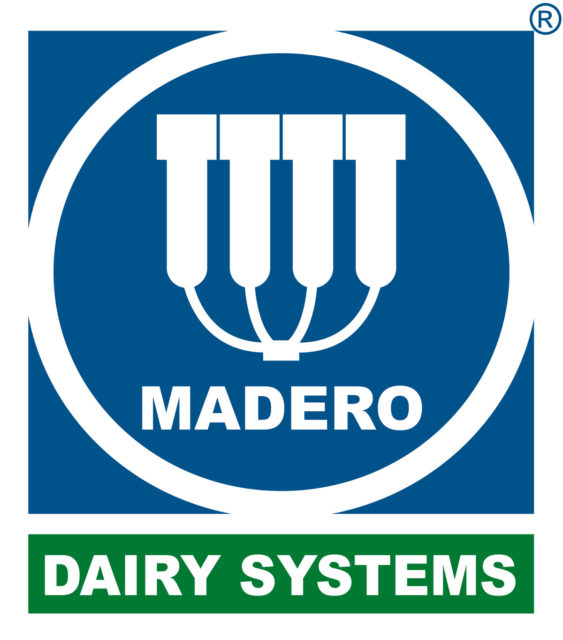Solar power generation has grown dramatically in recent years, with the cost of solar installations falling by 70 percent since 2010. Many dairies are finding solar provides significant cost savings well worth the initial investment, especially when incentives, tax credits, rising electricity costs and financing are factored in.
If you’ve seen solar installations popping up on barn roofs and farm fields, you may be wondering whether you should invest in solar energy for your farm. Before you get started, here are some important points to consider:
- First, make sure you have exhausted all cost-effective energy efficiency projects before you invest in solar. This way, you are sizing your solar system based on your optimal use of energy rather than wasting your new solar generation on an inefficient process.
Consider an energy audit to identify opportunities to make your farm as efficient as possible.
- Check your state’s net metering rules. Net metering refers to the method electric utility companies use to measure the amount of electricity used by farms who have solar panels and offset their electricity consumption.
Some states only allow a solar system to offset an individual electric meter, whereas other states allow a single solar system to offset multiple electric meters, referred to as aggregated net metering. If your farm has multiple meters spread over several locations, or if the only available land for a solar system is distant from your farm’s meters, you may benefit from aggregated net metering.
As of the writing of this article, 17 states have authorized aggregated net metering, including Arkansas, California, Colorado, Connecticut, Delaware, Maine, Maryland, Minnesota, Nevada, New Jersey, New York, Oregon, Pennsylvania, Rhode Island, Utah, Washington and West Virginia. All states except South Dakota, Tennessee and Alabama have some form of net metering policy.
- Compare roof-mounted or ground-mounted solar systems. Each option has advantages and disadvantages. A roof-mounted system won’t use up valuable farmland, but you may need to reinforce your barn roof before adding panels, and not all roofs are properly oriented to take advantage of the sun.
Ground-mounted solar allows better options for siting and is not limited by the size of your roof, but can also require more time and expense to install. Some states also restrict the size of ground-mounted solar arrays, so check your local regulations. An experienced solar installer or third-party adviser can help determine which type of system is best for you.
- The boom in solar has brought opportunities for attractive financing options. Many companies offer solar loans, and many installers offer lease-to-own arrangements. This can be a good option if you want to reap the financial advantages of solar energy with minimal risk.
If you’d rather control the asset yourself, you might be better off owning your own solar array. This is a personal decision that factors in your own appetite for risk and ability to take on responsibility for assets outside of your core business. An experienced third-party consultant can help you evaluate the merits of each financing option.
- When selecting a contractor, consider a third-party service to solicit and evaluate bids. This unbiased consultant can ensure you are getting the best possible components, performance guarantees and financing terms. If you go it alone, make sure to get multiple bids and don’t be afraid to ask questions of potential contractors.
Due to the rapid growth of the solar industry, you should have plenty of firms to choose from. While it is good to have companies competing for your business, not all firms have a long track record. Make sure to check references from other customers, especially dairies. Also make sure to check and compare the performance guarantees, system warranty and component certifications offered by solar vendors.
- Take full advantage of federal incentives for solar installations. The USDA Rural Energy for America Program offers competitive grants and loan guarantees for renewable energy installations. The Federal Business Energy Investment Tax Credit and the Modified Accelerated Cost Recovery System offer tax benefits to businesses installing solar.
Many state governments and utility companies also offer incentives for solar. For the most comprehensive list, the DSIRE database is a great tool. Go to DSIRE USA and click on your state. Then use the “apply filter” button on the right-hand side of the page to filter by technology (choose renewable energy) and by type (choose solar technologies).
Click “apply filters” to see a listing of state and federal incentives that could apply to you. An independent third-party firm can help you evaluate these options and build a package of incentives that maximizes your return on investment.
After considering these factors, you will be empowered to begin evaluating the right solar project for you. Make an informed, careful decision, and you will soon be on the path to saving money and making your farm energy independent. ![]()

-
Kyle Clark
- Vice President of Business Development
- EnSave
- Email Kyle Clark






